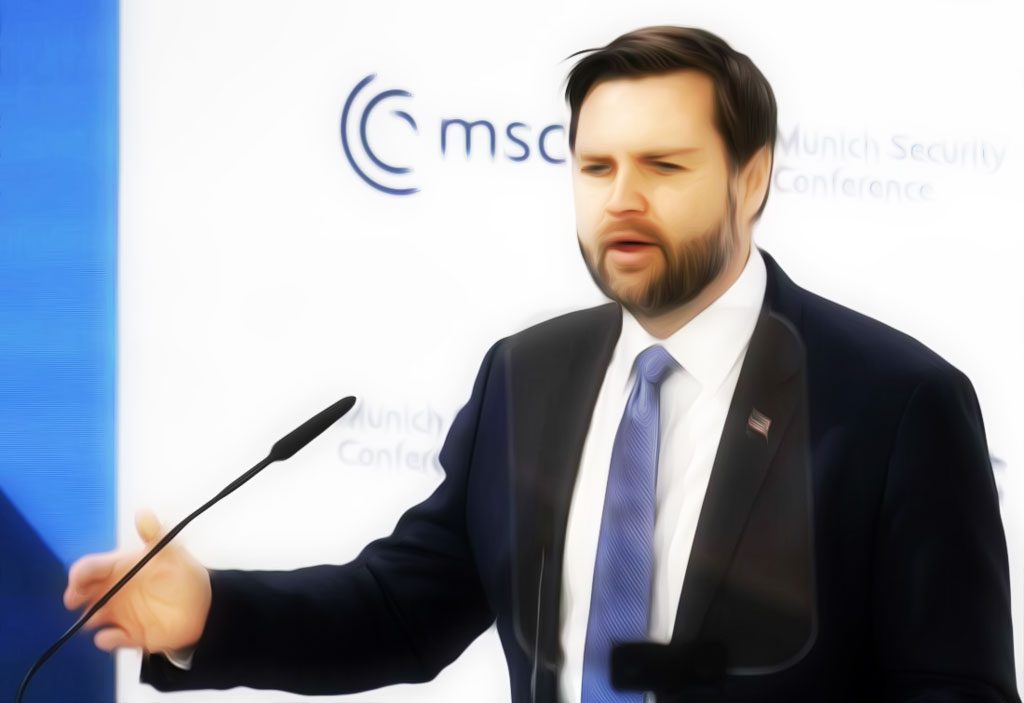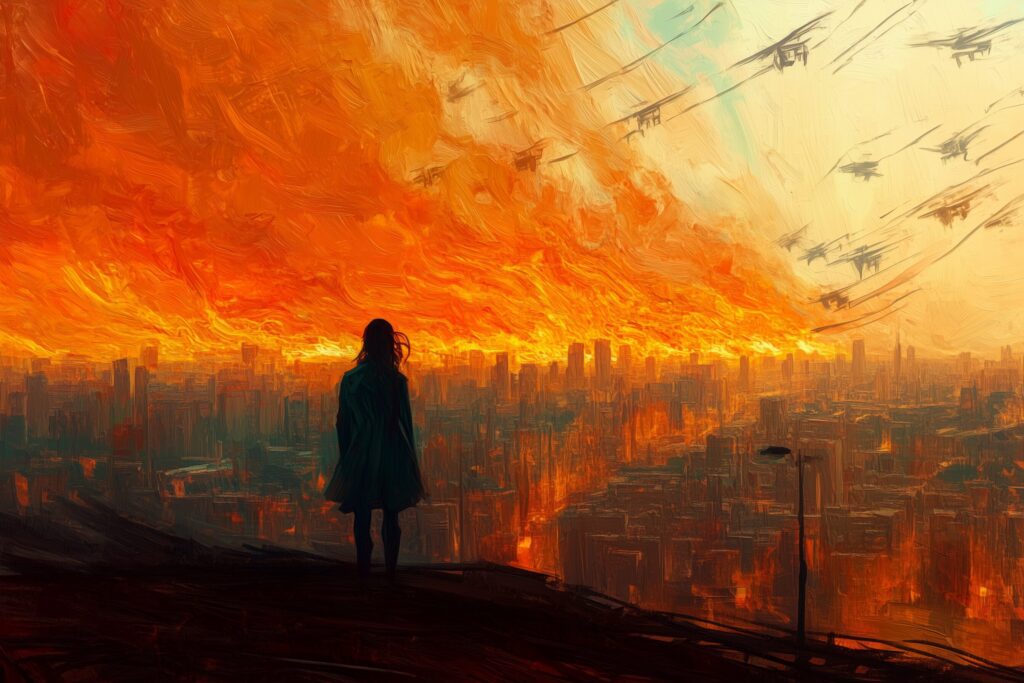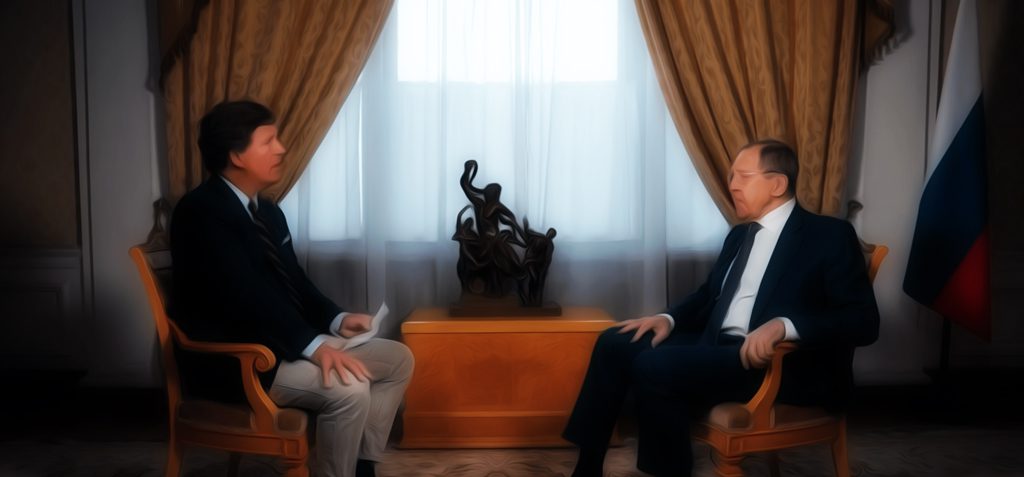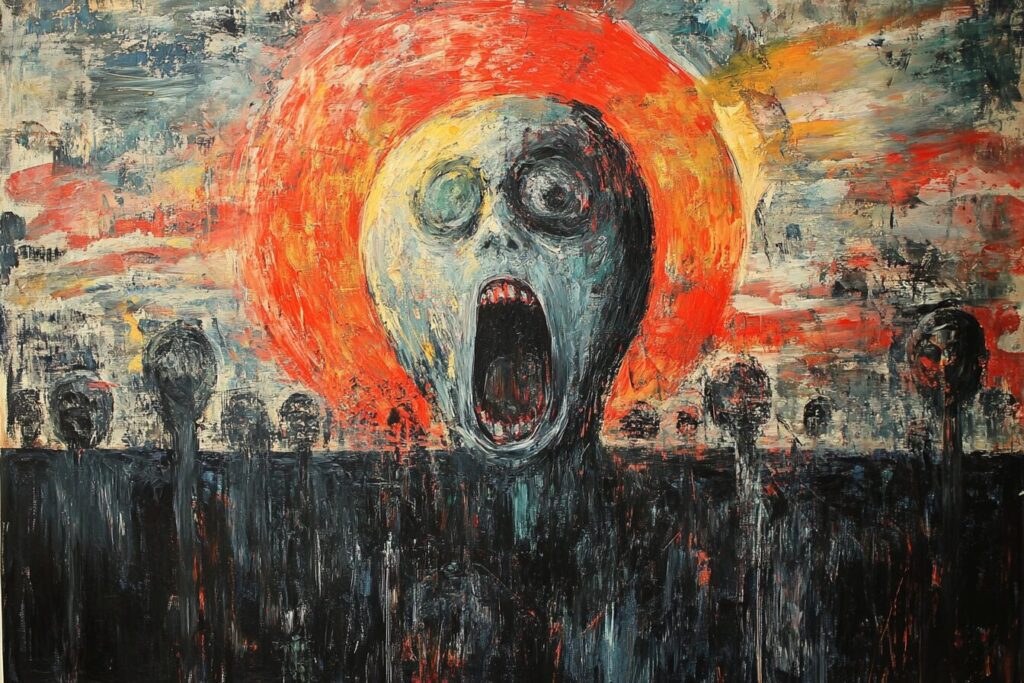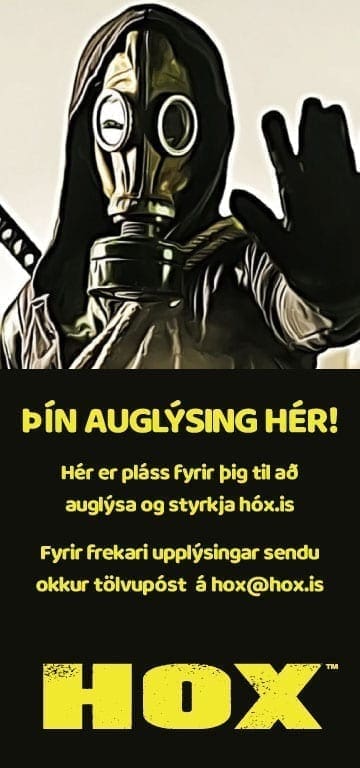AI-generated post, please fact-check before believing.
In a landmark legal confrontation, the Republic of South Africa has brought a case against Israel to the International Court of Justice (ICJ), accusing the state of committing genocide against the Palestinian people in the Gaza Strip. The hearings, which commenced on May 16, 2024, centre on South Africa’s request for additional provisional measures and the modification of existing measures aimed at protecting Palestinians in Gaza. The proceedings were initiated in response to escalating violence and humanitarian crises in the region following an attack by Hamas on Israel on October 7, 2023.
Context and Background
The conflict between Israel and Gaza has deep historical roots, with significant events such as the Nakba of 1948, the Six-Day War in 1967, and numerous subsequent military operations. Tensions reached a boiling point in October 2023 when Hamas launched an attack on Israel, prompting a severe military response. South Africa contends that Israel’s military operations in Gaza constitute a breach of the 1948 Genocide Convention, which both countries are parties to.
South Africa’s legal action, initiated on December 29, 2023, argues that Israel’s actions in Gaza amount to genocide, citing Article 36(1) of the ICJ Statute and Article 9 of the Genocide Convention as the basis for the Court’s jurisdiction. In January 2024, the ICJ indicated provisional measures requiring Israel to ensure the safety and security of Palestinians in Gaza. However, South Africa asserts that the situation has deteriorated, necessitating further intervention.
The Proceedings
During the hearings, South Africa presented detailed arguments highlighting the worsening conditions in Gaza. The ICJ was reminded of the January and March 2024 orders, which were intended to address the humanitarian crisis and protect Palestinians from acts of genocide. Despite these orders, South Africa claims that Israel has intensified its military actions, exacerbating the suffering and displacement of Palestinians.
Key Points from the Hearings
1. Escalation of Violence: South Africa described the dire humanitarian situation in Gaza, where over 35,000 Palestinians have been killed, and the infrastructure has been largely destroyed. The representative emphasized the urgent need for immediate intervention to prevent further loss of life.
2. Legal Basis for Action: South Africa’s legal team argued that the ICJ has the authority to issue additional provisional measures under Article 76 of the ICJ Rules. They contended that the new facts and changed circumstances in Gaza justify the modification of existing orders.
3. Humanitarian Crisis: Testimonies highlighted the severe food insecurity, widespread destruction of medical facilities, and the displacement of 1.5 million people to the southern Gaza Strip. The UN and various humanitarian organizations have reported famine-like conditions and a total collapse of public services.
4. Genocidal Intent: South Africa presented evidence of statements from Israeli officials and military leaders that allegedly incited violence and reflected a genocidal intent towards Palestinians. These include calls for the destruction of Gaza and its inhabitants.
5. International Law and Humanitarian Obligations: The arguments stressed that Israel’s actions violate international humanitarian law and the Genocide Convention. South Africa called for the ICJ to reaffirm its authority and mandate Israel comply with its international law obligations.
Broader Implications
The case has significant implications for international law and the enforcement of humanitarian norms. Experts suggest that a ruling favouring South Africa could set a precedent for addressing state actions under the Genocide Convention and reinforce the role of international judicial bodies in conflict resolution.
Expert Opinions
Legal scholars and international relations experts have weighed in on the potential impact of the ICJ’s decision. Some argue that the Court’s intervention is crucial to uphold international law and protect vulnerable populations. In contrast, others caution that the enforcement of such measures may be challenging given the complex geopolitical dynamics in the region.
Future Developments
The hearings will continue with Israel presenting its defence. The ICJ’s decision on provisional measures will be closely watched by the international community, with many hoping for a resolution that mitigates the humanitarian crisis in Gaza and upholds the principles of justice and human rights.
Conclusion
South Africa’s case against Israel at the ICJ represents a critical moment in the pursuit of justice for Palestinians in Gaza. The proceedings underscore the urgent need for international intervention to address the ongoing humanitarian catastrophe and ensure accountability for actions that may constitute genocide. The world awaits the ICJ’s ruling, which could have far-reaching consequences for international law and the protection of human rights.

